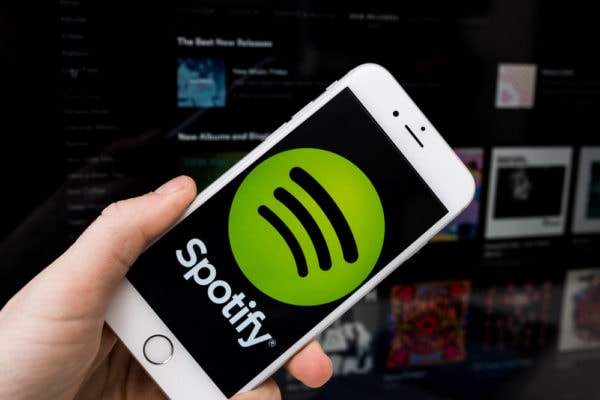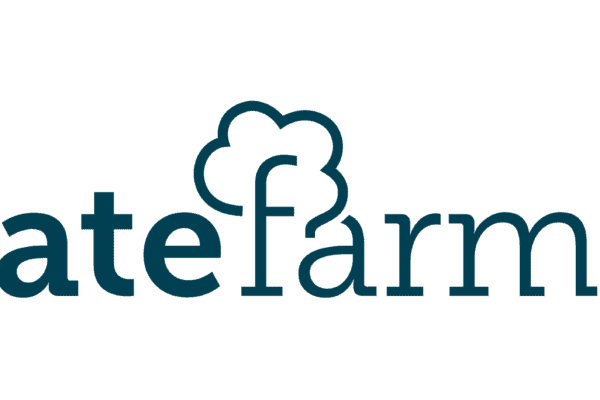You’ve probably heard of government cheese, but how about government beer? Presenting, a case of crony capitalism.
One of the best results of liberalizing America’s beer market has been the craft brews it yields. For too long, Americans only really drank light, commercialized beer.
This was in part because it was the only choice Americans had. The brewing industry was stifled because of large corporate beer companies – they lobbied against their competition and for complacency in outdated restrictions on brewing. That changed, and as states allowed craft breweries to pop up, America experienced a beer brewing boom.
However, many of those small breweries are now taking advantage of public funds.
States are luring craft breweries to open up shop in their cities. On the east coast, states like Virginia and North Carolina have doled out millions in taxpayers' dollars through various incentive schemes for breweries.
States on the west coast such as Washington and Oregon already have tons of craft beer options native to their states, with Portland, Oregon taking the crown for one of America’s best beer cities. However, the east coast wants to capitalize on the economic benefits of the beer boom.
Unfortunately, many of the breweries that contrasted themselves from the beer giants they compete with are now participating in the same kind of crony capitalism they once criticized those giants for embodying.
North Carolina spent $13 million to bring New Belgium to the Tar Heel State. Virginia spent $5 million to bring Stone Brewing to their state, which already harbors almost 150 breweries. The list goes on.
This crony capitalism is no longer unique to the United States. The city of Berlin has also committed some 2.3 million euros to Stone Brewing if the company brings jobs with it. Apparently, European cities join America in their need for a sobriety check come budget season.
But the question remains: why are the American beer snobs not upset with this?
This case of crony capitalism not only wastes taxpayer dollars, but it's antithetical to the whole micro-brewing culture. That culture is about brewing outside of prohibition with an independent spirit, not about using a government crutch to become apart of the regulatory burden.
After all, consumers in the marketplace should be deciding which beer tastes best, not deep-pocketed state bureaucrats.
RELATED:
• Sen. Rand Paul: EpiPen Scandal Exemplifies Crony Capitalism
• VIDEO: Learn the Difference Between Capitalism and Cronyism
• Differentiating Between Privatization and Free Markets








